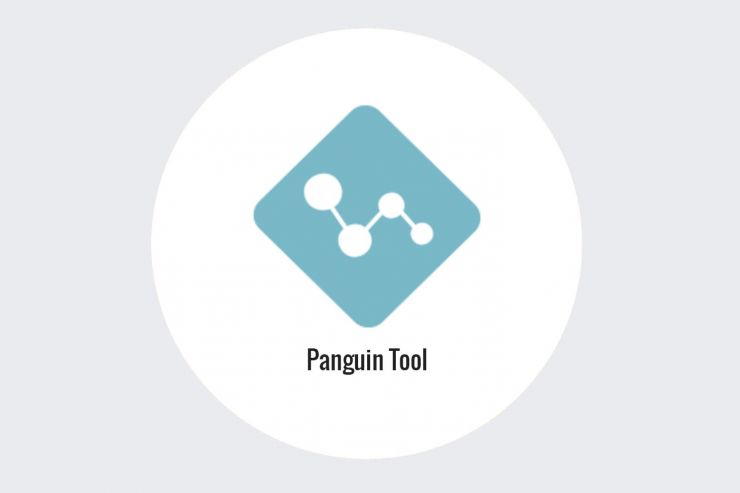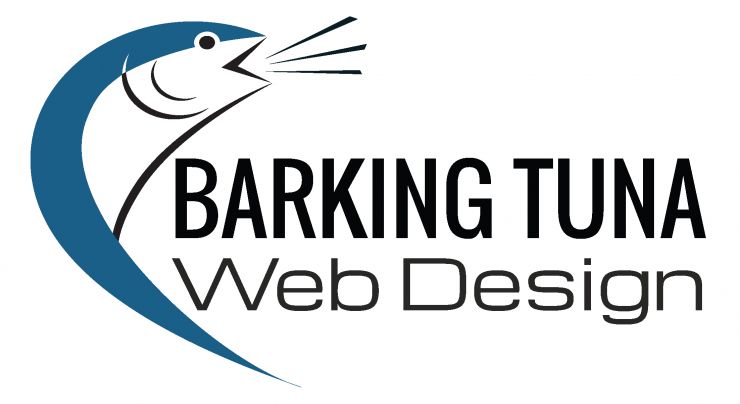SEO-What you Need to Know... a basic surface level look at your website's structure as it relates to fundamental SEO
by James Appleton
Your website is the single most important sales tool you have in your arsenal, and its design was most likely outsourced. Businesses grant web designers an enormous amount of control, but on a basic level you need to understand the how and why of your website’s structure. Most of us have no idea how a search engine works, or better yet, how to make it work for you. You may have also heard the term SEO (Search Engine Optimization).
WHAT IS IT?
Simply put, SEO is the process of optimizing your website in order to rank higher than your competition in the unpaid section of the search engine results for keyword searches relating to your product or service. An “if I build it, they will come” mentality will leave you empty-handed, so businesses often rely on SEO firms to “optimize” their websites.
Generally speaking, a website is broken into two parts; the Header, and the Body. Together, they form a set of instructions that tell your browser how to visually display your website. To see how your site is constructed, go to your website, and at the top of the browser window, click “View” then “Page Source” (or anything similar). You will then see your code. The tag begins the Header, and tag closes it; the same is true for the Body
with and .
Aside from the website’s Title tag, the Header data is invisible and serves as a kind of blueprint for search engines, outlining where and how various files within your website can be found and how they should be displayed. The Header also contains “Meta data,” known as Meta Keywords and Meta Descriptions. These are nothing more than polite suggestions to web crawlers/spiders and search engines about what you feel is important in your website. Often times, the Meta Description is used by search engines as the brief summary displayed in the search results. Search engines prefer that this invisible code be consistent with the visible elements in the Body of a website. If web crawler finds consistent text within the Body of your site, it will most likely continue to index your website. If it doesn’t find matching text, it might assume that you are trying to mislead it in an attempt to artificially rank higher, and it could ignore your site entirely. A common practice is to load your site with your competitors’ names and related information, in the hopes that you can piggy-back off of their name recognition. This is not really going to help you, and may land you in court for trademark infringement.
The Body is what the public sees. To begin, you need to think like the public and fill your site with the keywords that they might use to search for your product; in this case “self storage” or the like. Don’t force the keywords into your copywriting and don’t be overly redundant; that’s called keyword stacking and it may have the opposite effect. Think locally, too; self storage is submarket based. There’s no sense in showing up #1 for “Self Storage Tucson” if the customer is in Phoenix.
All that said, these are merely surface layer suggestions, and they don’t even begin to touch the depths that good SEO goes into. Most SEO firms are reputable, but many aren’t. Good SEO firms will NEVER guarantee you a certain position in “organic searches;” how you and I naturally search. Search engine search techniques, or “algorithms,” are trade secrets of each respective search engine, so no one can guaranty results. Beware of companies that promise hundreds of links back to your site. They are most likely involved in "Link Farming," the grouping of unrelated websites all linking back and forth to each other. This tactic may provide a quick boost in your rankings, but could backfire once the link farm is discovered. Links are integral to your ranking; the more the better, but they need to be one-way, or “non-reciprocating,” and they should be relevant in order to benefit your ranking. SEO needs to be treated like a marathon, not a sprint. Dashing to the top can be exciting, but if tricks were employed to get you there, the race could be over before you begin.
Get to know your website, and ask questions of those to whom you entrust your internet marketing, especially if they promise immediate results. Ask them how they plan to get you the links they promise and who they link from. The reputable firms will have no problem explaining the process to you. Explore the links below and use the data to play a more active role in your internet presence. Good luck!
More SEO Related Resources




